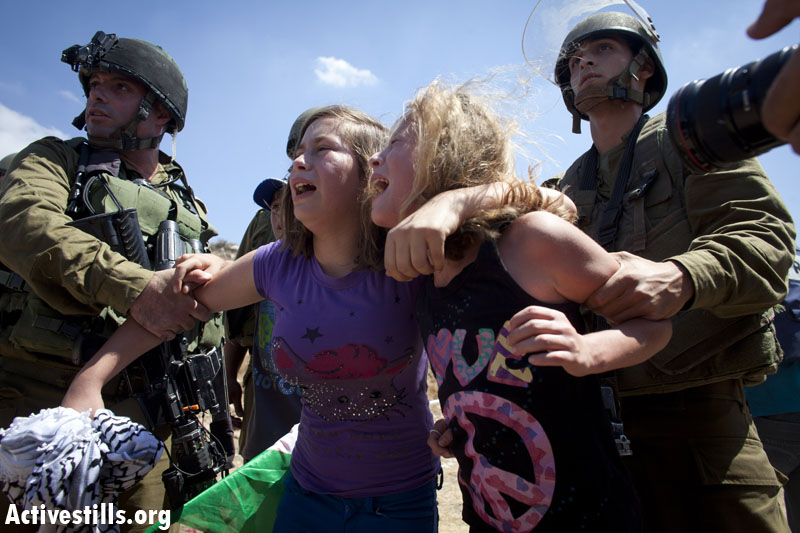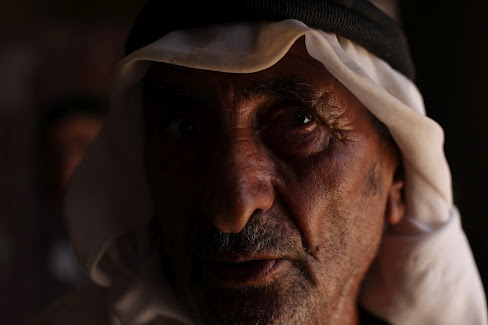Tag: Settlers
-
Video: Soldiers attack children in Nabi Saleh and forcibly separate them from their detained mother
August 25 2012 | Popular Struggle Coordination Committee, Occupied Palestine Army held six detainees over eight hours, raided houses in the village, injuring several residents and using live ammunition Pictures: see here, here, here, and here During the weekly demonstration in the village of Nabi Saleh, yesterday, Friday, dedicated to support the Palestinian prisoners in Israeli jails, some of the…
-
Night raids and arrests continue in Burin
By Alma Reventos 25 August 2012 | International Solidarity Movement, West Bank On Thursday August 23, Mumen Mahmoud Raja, 18, was arrested at his home by Israeli occupation forces at 2:30 a.m. Around 2 a.m., some 60 Israeli forces invaded the Palestinian village of Burin, located south-west of Nablus. They arrived in 6 military jeeps,…



